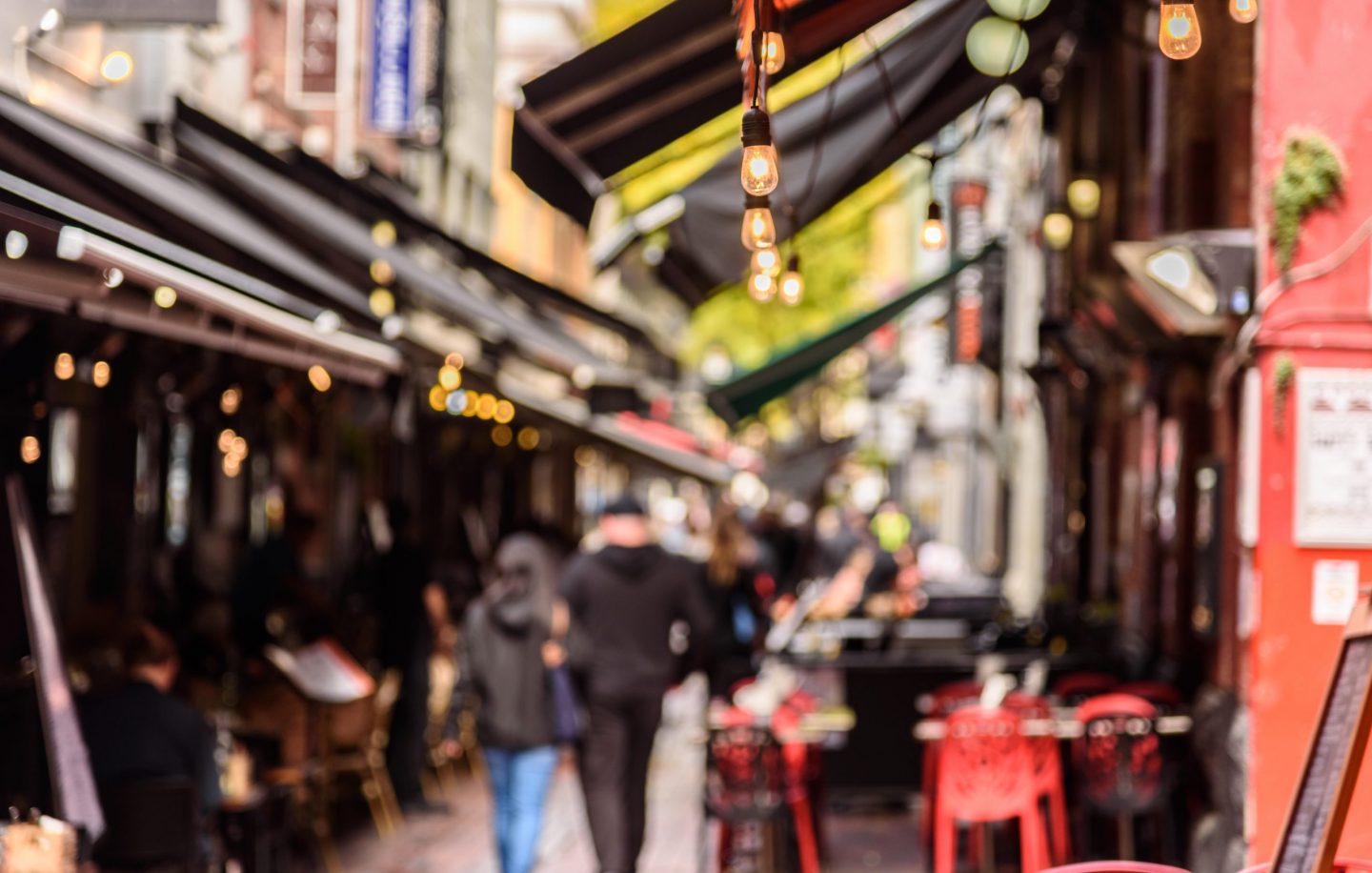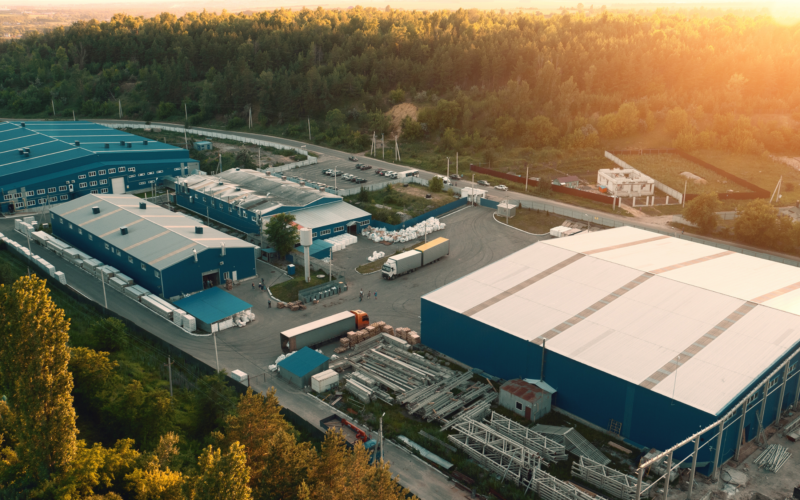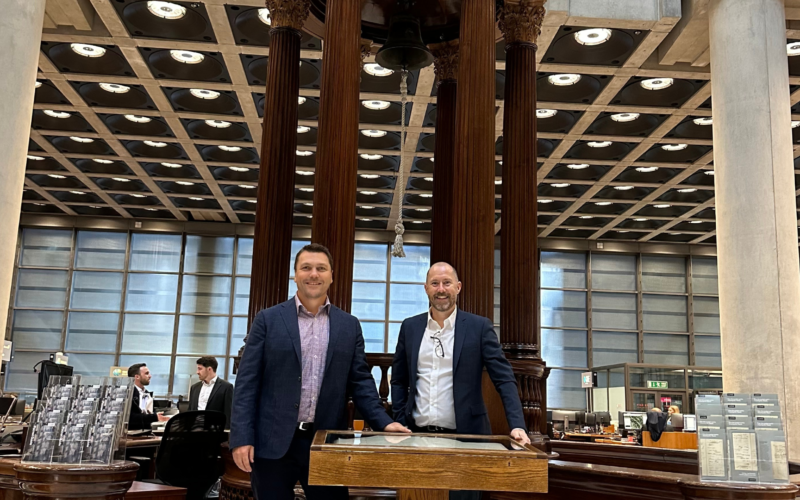Why are hospitality premiums increasing?
Hospitality operators will have seen a steady rise in both property and liability premiums in recent years. Why? The answer lies in the data with an increasing volume of industry related claim payouts. The extent of this has been considerable, with some insurers forced to exit the market altogether; it is simply not profitable for them to insure certain types of venues. Most losses involve property claims typically resulting from fires in the kitchen or water damage e.g. dishwasher leaks. Public liability claims are also increasing due to or slip and fall incidents. Insurers spread the cost to balance losses across the board of all hospitality policy holders. The insurers will consider mass claims data specific to the industry and formulate a rate that accurately covers the perceived risk. A further variety of factors will determine how an insurer assesses likelihood of a claim for a hospitality venue e.g. Do you use deep fryers? Are you licenced to sell alcohol?
What are insurers focusing on?
There are many factors insurers will assess as ‘risky’ which will impact a business’s ability to access suitable cover. For example, property insurers may be deterred by old buildings subject to a potential presence of asbestos or wear and tear in the wiring, plumbing or roof. Certain construction types are less favourable in terms of fire risk e.g. timber and EPS (expanded polystyrene or sandwich foam panelling, a highly flammable material typically found in cool room walls).
Liability insurers are concerned with late night trading hours, dance floors and patron profiles associated with heavy drinking, drugs or criminal activity. Insurers will use any means possible to assess the risk of insuring your business, including researching your online presence. Insurers will factor in your website branding and social media presence when making a determination.
Individual claim history is always a consideration. In a tough market, frequency and volume of claims make it even harder to obtain cover. Insurers will favour any business that has in place preventative measures to reduce the risk of a claim.
Advice to hospitality venues
Proof of sound risk management systems will greatly assist your broker’s chance of sourcing the best cover and premium. In a shrinking market of hospitality insurers, only submissions that stand above the crowd will be accepted. Applications are enhanced by providing quality policy and procedural documentation that includes evidence of staff compliance. Risk management systems may include cleaning processes, monitoring behaviour of guests and a regular property and equipment maintenance schedule.
Property insurers are increasingly asking for surveys of premises. Businesses can invest in their own independent survey completed by a loss control specialist, costing anywhere from $500 to $1,500 (depending on the size of the property). While some improvement recommendations may be made, implementing these changes will positively benefit the business’s overall risk profile.
Where a building is not new, arranging an inspection of electrical boards and wiring is recommended so the report can be included in the submission. Insurers may also ask for a thermographic scan, where an infra-red camera is used to view electrical systems and identify connections that are operating at a higher-than-normal temperature. Other useful reports are roof or rodent inspections.
When dealing with insurers, information is key. Providing quality information that demonstrates you as a responsible business operator will greatly encourage insurers to offer cover at a reasonable premium.



